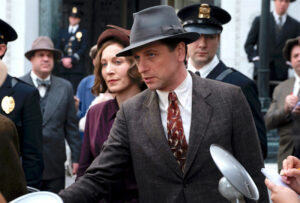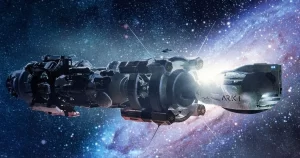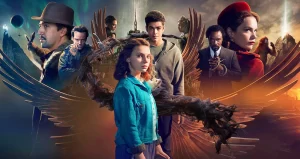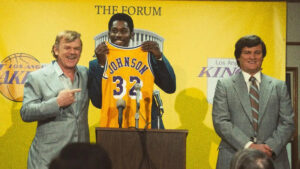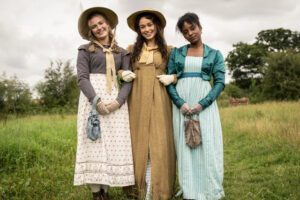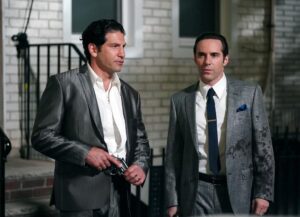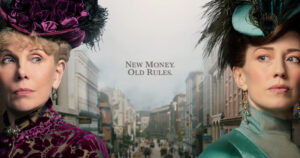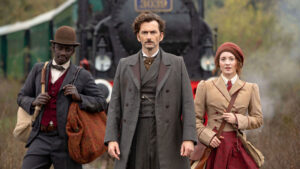I just finished watching the second season of Perry Mason and I’m ready to write my review. If you recall, I loved the first season and lavished it with high praise. Does the second season live up to the first? I’m afraid not. It’s still entertaining television, certainly.
I don’t like to harp too much on what went wrong this season because it’s still good and well-worth watching. That being said, it wasn’t of the same quality as the first season.
Wrong Focus on Personal Relationships
I found the focus on the personal lives of Mason, Della Street, Hamilton Burger, and Paul Drake took away from the investigative nature of the show. I thought they did a good job of balancing personal lives and the crime investigation in the first season but fell far short here.
Both the Street and Mason relationships didn’t add anything or further the mystery. Particularly with Della, the focus seemed to be on the salacious rather than anything to do with the crime. Much better, in my opinion, was the focus on the personal lives of side characters in season one. We learned a great deal about them and this furthered the story and explained the nature and circumstance of the crime.
My preference is for a deeper examination of the lives of the McCutcheon and Gallardo families. I particularly felt the absence of any sort of look into the widow Elizabeth McCutcheon and her children left the show incomplete. The murder of Brooks is the focus along with learning why Rafeal and Mateo committed the horrific crime. Yet, we learn only a little of their past and lives with so much screen time dedicated to Mason and Street. We should have found out more about Phipps and his wife earlier as well.
The stories of Emily Dodson and Sister Alice in the first season immersed me completely and the failure to do so in the second season is the biggest problem with this season, at least in my opinion. The impact of the crime just isn’t there because the focus is on the wrong people.
The Reason for the Murder is Unconvincing
I found the entire oil embargo, fruit swap, Japan connection to be unconvincing. It just didn’t seem like a good reason to have Brooks murdered. How did the murder get arranged? Who talked to the Gallardo brothers?
The entire thing just seemed contrived and unbelievable. I didn’t buy it and this really took me out of immersion of the show. The fact we spent so much time on the personal lives of Perry and Della, as mentioned earlier, means we really didn’t leave time to flesh this part of the story into anything believable.
The Best Parts of Perry Mason
The amazing sets. I can’t give enough praise to the set designers in this series. Fantastic work. The music also stood out as helping scenes rather than dominating them.
Conclusion
I’m not recommending giving the second season of Perry Mason a pass, it’s still quality entertainment. I hope the writers will get back to what made season one so great. Don’t focus on Mason and Street. Focus on the crime. Why the crime happened. The lives of the criminals and those around them. That’s the story.
Tom Liberman
